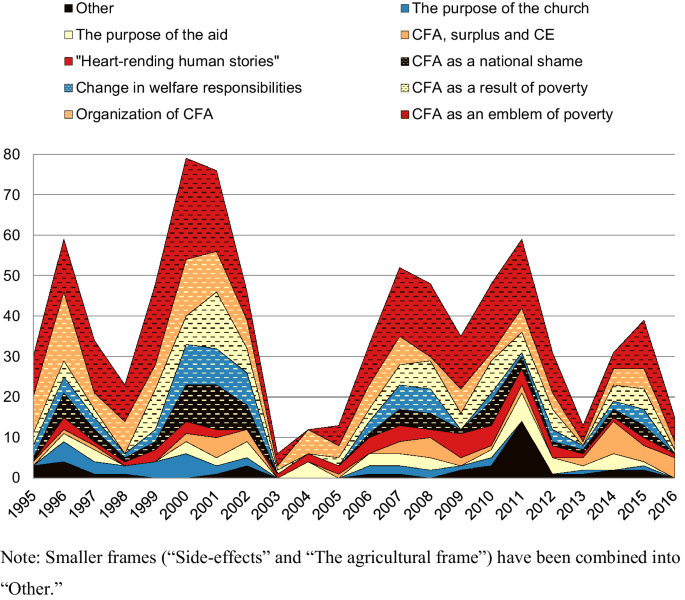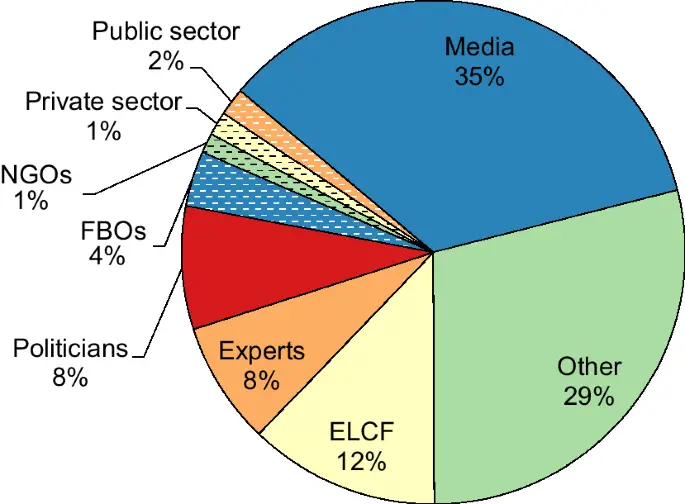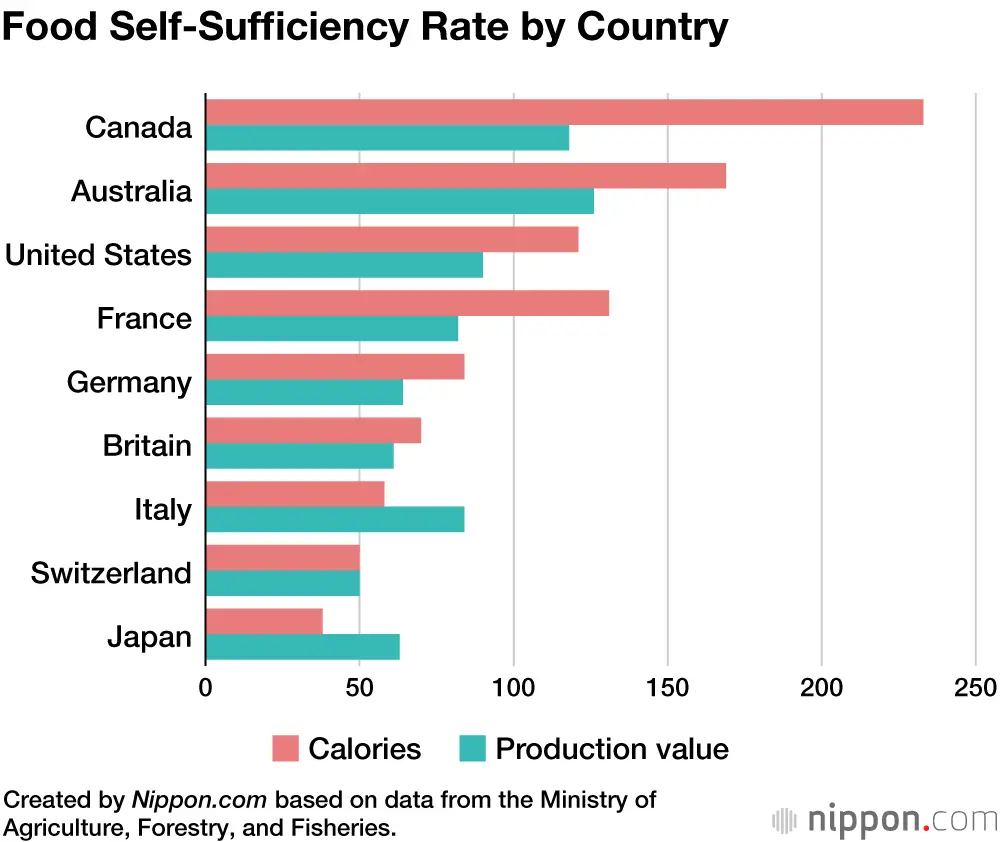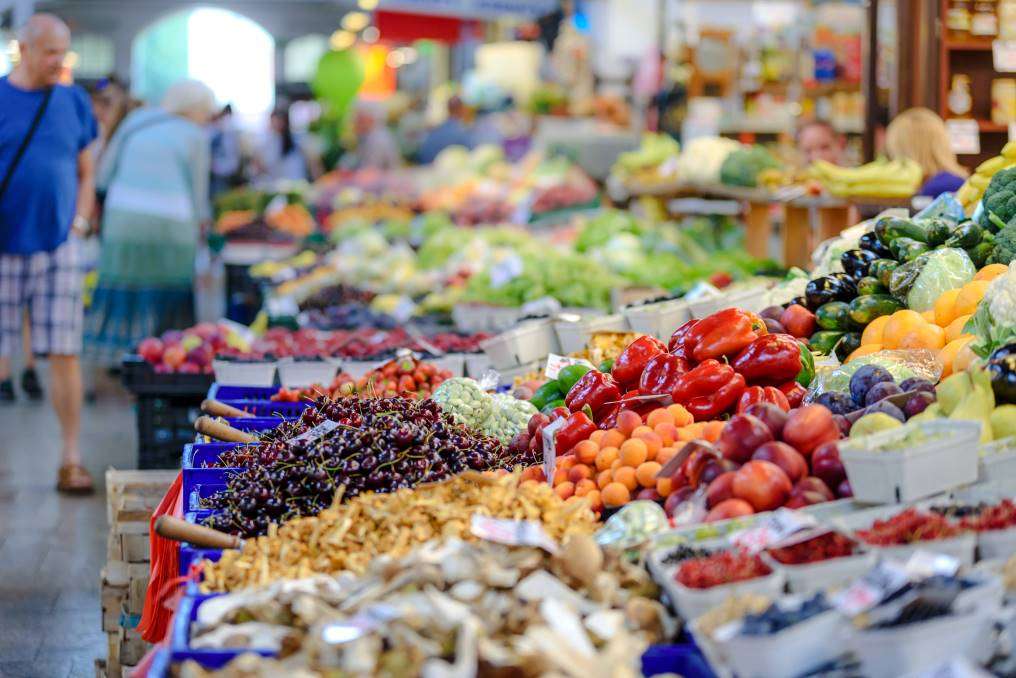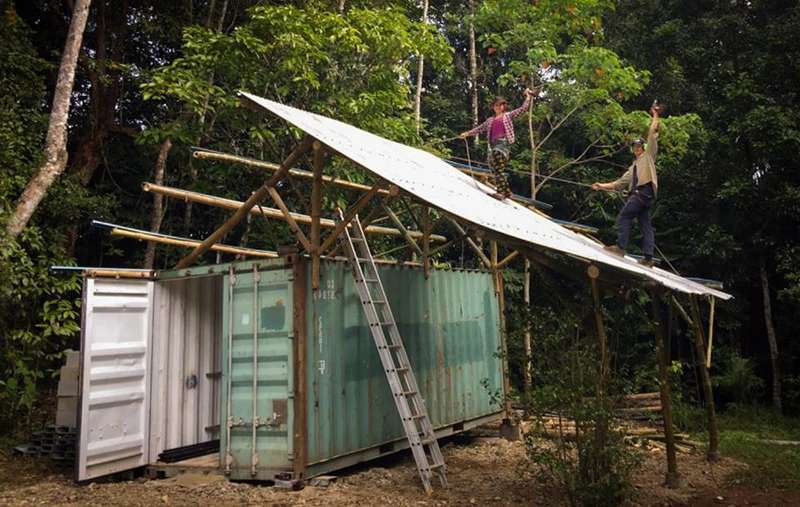Hi there! In this article, we’ll be exploring the food security situation in Finland. We’ll discuss if Finland is self-sufficient in food and give you a deeper understanding of the topic. Additionally, we’ll touch on the concept of off-grid living and how it relates to food security in Finland. So, stick around and let’s learn together about this interesting subject!
The Food Security Situation in Finland
Food security, defined as the availability, accessibility, and affordability of food, is a critical issue worldwide. Finland, a Nordic country known for its vast landscapes and pristine natural environment, also faces challenges in ensuring food security for its population. In this article, we will explore the current state of food security in Finland, the factors influencing it, and the efforts being made to address this issue.
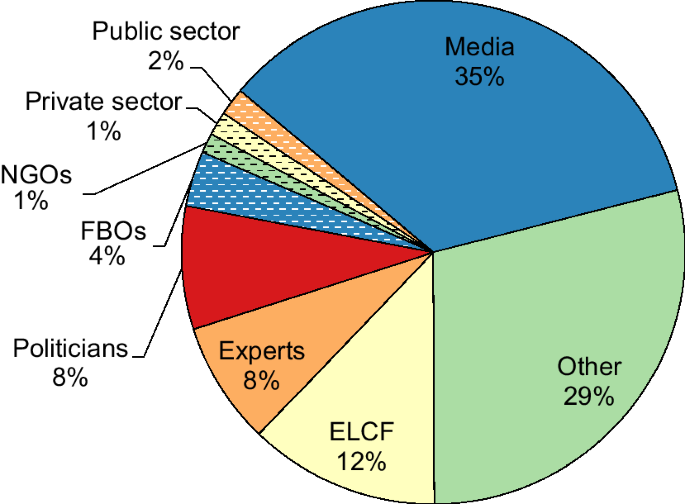
Current state of food security in Finland
Finland is generally considered to have a high level of food security. The country has a well-developed agricultural sector, advanced infrastructure, and a strong social welfare system, which all contribute to ensuring access to food for its citizens. Nevertheless, there are still some areas of concern that need to be addressed.
One of the key challenges facing Finland’s food security is the dependence on imported food. While Finland has a relatively high level of self-sufficiency in food production, it relies heavily on imports to meet the demands of its population. This reliance on imported food presents potential risks such as disruptions in global supply chains and fluctuating prices.
Another issue affecting food security in Finland is the changing climate. Finland, like many other countries, is experiencing the impacts of climate change, including unpredictable weather patterns and decreasing agricultural productivity. These challenges pose risks to the country’s food production and overall food security.
Factors influencing food security in Finland
Several factors influence the food security situation in Finland. These include agricultural practices, dietary patterns, importing challenges, food safety regulations, sustainability efforts, technological advancements, government initiatives, community initiatives, climate change, food security during crises, and public health and nutrition.
For instance, agricultural practices in Finland play a crucial role in food security. The country’s cold climate and short growing season pose challenges to farmers, necessitating the use of innovative agricultural methods. Despite these challenges, Finnish farmers have been able to maintain a high level of productivity and provide the population with a wide variety of food.
Dietary patterns in Finland also impact food security. The Finnish diet traditionally includes a significant amount of fish, dairy products, vegetables, and grains. However, recent trends show a shift towards a more Westernized diet, characterized by increased consumption of processed foods and meat. These dietary changes have implications for both individual and population health and may impact food security in the long run.
Imported food plays an important role in meeting the demands of Finland’s population. While imported food ensures a diverse selection of products and year-round availability, it also poses challenges such as the potential for disruptions in the global supply chain and the need to adhere to strict food safety and quality standards.
Food safety and quality are paramount in Finland. The country has strict regulations and standards in place to ensure that food consumed by its citizens is safe and of high quality. Quality control measures are implemented throughout the food supply chain, from farm to fork, to prevent foodborne illnesses and maintain consumer trust.
Sustainability efforts are crucial for ensuring long-term food security in Finland. The country strives to promote sustainable food practices, reduce food waste, and adopt sustainable farming methods. These initiatives aim to protect natural resources, mitigate climate change impacts, and ensure the availability of food for future generations.
Technological advancements in agriculture have the potential to enhance food security in Finland. Precision farming techniques, data analytics, and digital solutions for food supply chains can improve productivity, reduce resource wastage, and increase the resilience of the agricultural sector in the face of environmental challenges.
Government initiatives and support for farmers play a vital role in ensuring food security in Finland. The government has implemented national food security strategies, provides subsidies and support for farmers, and promotes the consumption of local and organic food. These efforts aim to enhance self-sufficiency, protect domestic food production, and support the livelihoods of farmers.
Community initiatives also contribute to food security in Finland. Food co-operatives and community gardens promote self-sufficiency, provide fresh and locally produced food, and foster a sense of community engagement. Educational programs and workshops help raise awareness about food security issues and encourage sustainable food practices at the grassroots level.
Climate change poses significant challenges to food security in Finland. Rising temperatures, changing precipitation patterns, and extreme weather events can affect crop yields, livestock health, and overall agricultural productivity. Farmers need to adapt their practices and implement strategies to mitigate the risks associated with climate change.
Ensuring food security during crises is of utmost importance. Finland has emergency preparedness measures in place to tackle potential food shortages. Collaboration with international organizations can help facilitate access to food during crises and support countries in need.
Addressing public health and nutrition is closely linked to food security. Finland recognizes the importance of promoting balanced diets and healthy eating habits, as well as addressing issues of malnutrition and obesity. Community nutrition programs aim to improve access to nutritious food and educate the population about healthy food choices.
The role of technology in ensuring food security cannot be overlooked. Digital solutions for food supply chains improve efficiency and traceability. Precision farming techniques optimize resource usage and increase productivity. Mobile applications provide individuals with information on food availability and access.
In conclusion, Finland has made significant progress in ensuring food security for its population. The country’s well-developed agricultural sector, robust regulatory framework, and commitment to sustainability contribute to its high levels of food security. However, challenges such as dependence on imports, climate change, and changing dietary patterns require continued efforts and innovative solutions to maintain and enhance food security in Finland. By embracing sustainable farming practices, supporting local food production, and promoting community engagement, Finland can further strengthen its food security and pave the way for a more resilient and self-sufficient future.
